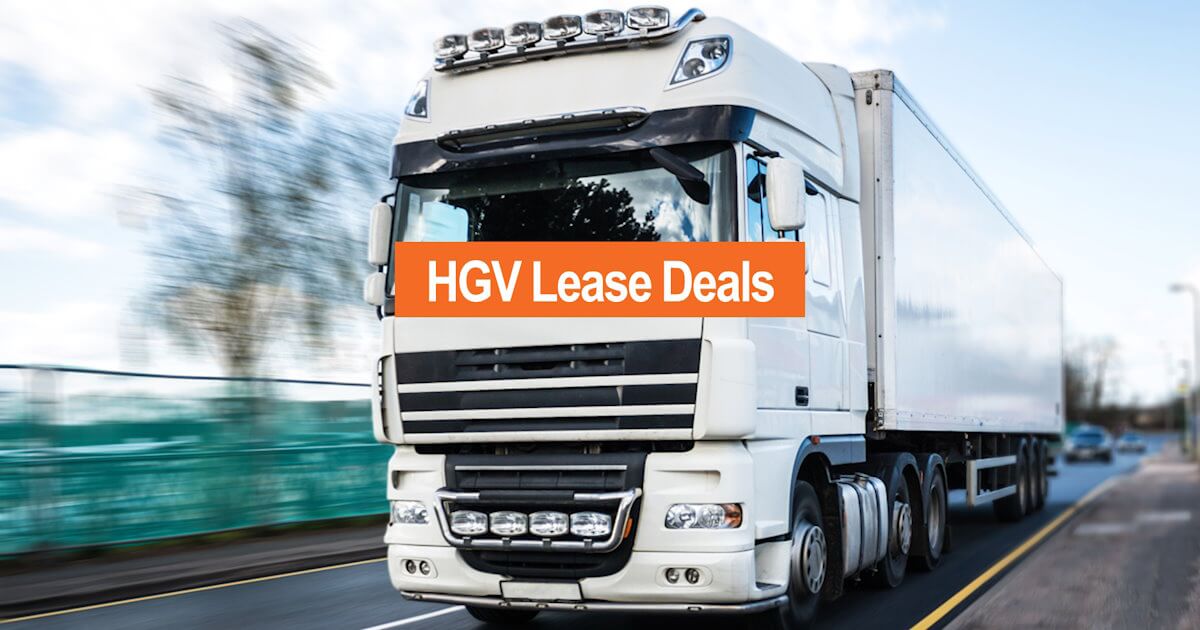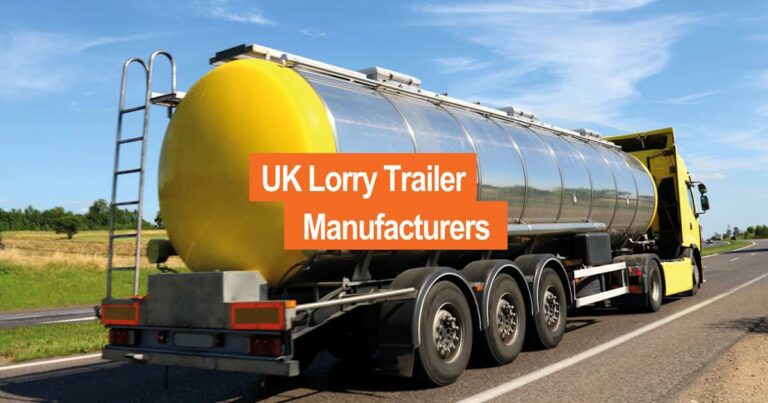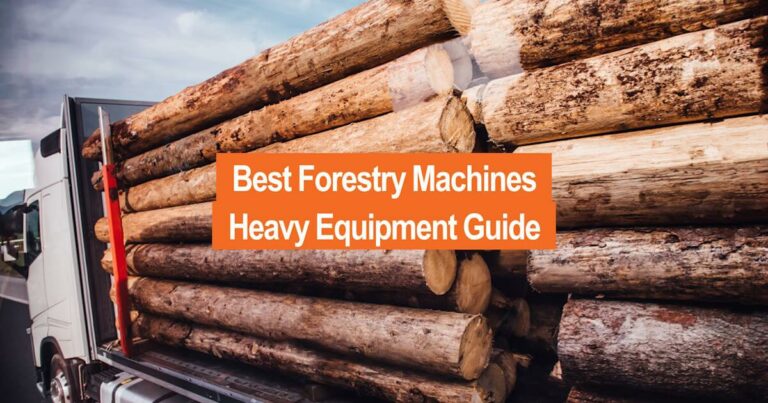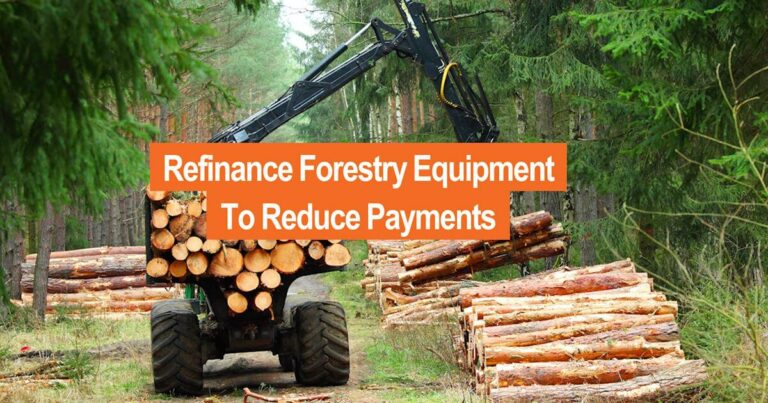Getting The Best Truck and Trailer Leasing Offers
Running a modern, efficient fleet is vital for competing in today’s trucking industry. But constant repairs, rising fuel costs, and losing revenue from outdated trucks can quickly drain profits.
That’s why leasing HGVs could be the ideal solution to run an affordable fleet that flexes with your business needs.
With a simple monthly payment structure and customisable lease terms (typically 2-7 years), you can operate newer model trucks without a substantial upfront capital investment.
In this article, find out more about the specialised leasing market and the wide range of flexible agreement options for tractor units, rigid trucks, trailers and other commercial vehicles.
We’ll cover key questions companies should consider when exploring leasing versus buying trucks outright. You will learn insider tips on securing the best possible lease rates by using a finance broker – and we’ll explain why the flexibility of a lease could be the perfect way to scale your fleet.
Top 7 Benefits Of Leasing HGVs
Many successful trucking companies prefer leasing over traditional financing when acquiring replacement or additional tractor units, artics, tankers, and trailers to take their business into a higher gear.
Rather than substantial upfront capital investments that strain cash reserves to purchase depreciating assets, leasing frees up working capital that can be redirected to expand operations or other strategic projects.
Here are some of the top benefits of leasing heavy goods vehicles for a business:
1. Lower Upfront Costs – Leasing requires less money upfront compared to purchasing vehicles outright. This frees up capital for other business investments.
2. Predictable Costs – Monthly lease payments are fixed, making financial planning and budgeting simpler. Additional costs like maintenance and road tax can also be bundled into the lease.
3. Flexible Terms – Lease agreements typically run for a 2-7 year fixed-term contract, giving the flexibility to upgrade or change vehicles to suit your business.
4. Enhanced Cash Flow – 100% financing preserves working capital compared to securing a loan. This improves cash flow for other operating expenses.
5. Latest Equipment – Leasing contracts allow you to access newer trucks with the latest technology and equipment. You don’t need to worry about the vehicle value when the lease contract ends or if significant depreciation will occur when you return the vehicle.
6. Maintenance, Service and Support – Maintenance and service costs are often included in the lease, meaning fewer unexpected repair bills to pay. Many lease companies offer vehicle fleet support, which helps keep your day-to-day truck operations hassle-free.
7. Tax Benefits – Lease payments can be offset as tax-deductible operating expenses (including reclaimable VAT), which means additional financial savings.
Rental and leasing agreements rather than traditional financing (cash purchases, loans, etc.) allow savvy trucking operators to scale operations efficiently. When you consider the fixed cost predictability, tax advantages and how leasing reduces risk exposure from owning depreciating assets, the benefits of leasing HGVs are clear to see.
Fleet Management Flexibility
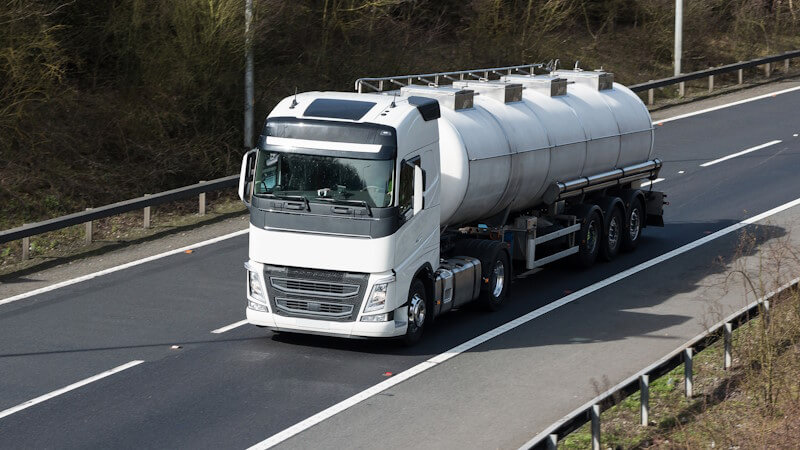
With over 80% of all goods hauled by road in the UK, having the ability to adjust your HGV fleet nationwide ensures you secure more profit.
Leasing provides business owners more flexibility to manage their fleet in the following ways:
Seasonal Scaling – Leases can be structured to allow for increasing/decreasing the fleet size to match higher/lower seasonal demand. For example, agreeing terms for 12-24 months allows you to easily scale up additional vehicles during peak periods or for temporary special projects. Then, you can scale back down during slower periods to minimise ongoing costs rather than pay for unused capacity.
Mixing Vehicle Types – Your individual circumstances may change; one day, your business may need a fleet of 7.5t box vans, and the following year, you might need 26t curtain siders. Leasing opens up options to operate different commercial vehicle types like rigids, curtains, dropsides, tippers and refrigerated vans within a single fleet to match specific projects or client contracts.
Testing New Models – Testing new trucks for a shorter fixed period lets you evaluate the latest models from different manufacturers (DAF, Mercedes, MAN, Scania, Volvo, etc.) for performance and suitability before any substantial outlay towards full ownership.
Upgrading Models – At the end of a 2-3 year lease, businesses can upgrade to newer models more suited to their business needs instead of being stuck with depreciating vehicles they own.
Lowering Fleet Age – Keeping hold of older vehicles will ultimately lead to higher maintenance costs and possible loss of business due to breakdowns. By switching to leasing, you can operate newer models for as long as you need and retire old vehicles – negating the risk of vehicles being off the road.
Most Common HGV Leasing Options
There are two common leasing options for transport industry operators to access a vehicle for a fixed period: operating lease and finance lease.
What is an Operating Lease?
An HGV operating lease is a contract between the leasing company (the supplier) and the lessee (the company using the vehicle) where the lessee rents commercial trucks or trailers for an agreed period but does not take ownership of the vehicle(s).
The lessee pays fixed monthly rental payments for the use of the vehicles – and at the end of the lease period, the vehicles are returned to the vehicle rental company, which regains ownership. As part of the agreement, there may also be mileage limits, which will incur penalties when the vehicles are returned.
Another point to note is that the leasing company is typically responsible for tax and maintenance costs on the rental vehicle.
What is a Finance Lease?
A finance lease is another popular option trucking operators use to get their hands on heavy goods vehicles. However, there is an option for the lessee to take ownership of the vehicle at the end of the lease term or for it to be sold and for them to receive some of the net sale proceeds from its residual value.
With a finance lease, the lessee is responsible for any maintenance and service costs.
How To Get The Best HGV Lease Costs
Finding the best leasing prices for heavy goods vehicles involves some time and research on your part. Using Google will throw up many HGV lease companies who you can contact to request a free quote and details about their contracts/agreements.
If you go down this route, here are a few top tips for securing reasonable HGV lease rates:
1. Decide Exact Specifications – Determine what HGV model (or trailer), size, transmission, etc., matches your requirements so the quotes reflect the same vehicle configurations.
2. Obtain Multiple Lease Quotes – Don’t just get one or two quotes from the first leasing companies you find. While it might take longer, it’s best to speak to multiple UK leasing companies and truck dealerships to source numerous lease deal quotes.
3. Compare Quotes – Scrutinise the quotes you receive side-by-side, looking at monthly payments, total contract cost, mileage limits, service/maintenance costs, etc. – be careful with hidden fees.
4. Negotiate Rates – There is always room for negotiation! – so try to negotiate down the lease prices based on other offerings or rates secured through other finance providers. Don’t be pushy, but don’t be afraid to ask.
5. Ask About Special Offers – Check for any time-limited promotions, multiple vehicle rate discounts or other incentives that can further reduce leasing costs over the agreement term.
6. Consider Tax Benefits/Implications – Discuss the pros and cons of the proposed lease contracts with your accountant to ensure they comply with tax regulations or to see if payments qualify as deductible operating expenses.
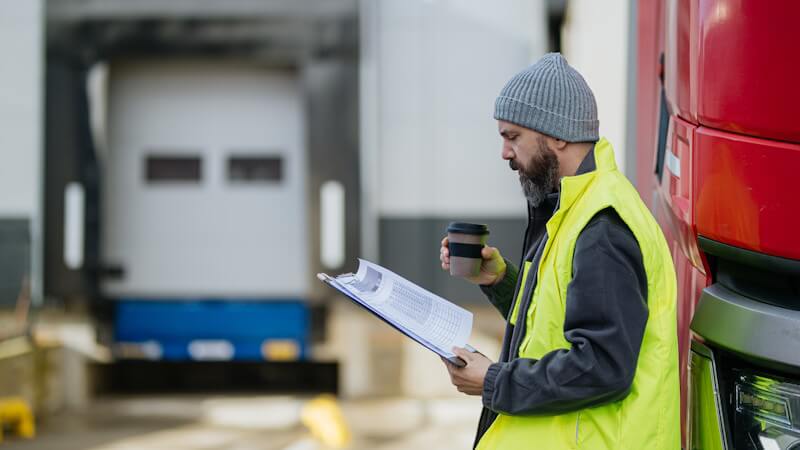
Choosing The Right Leasing Company
Choosing the right leasing company is an important decision that can impact your business operations and bottom line.
Here are five recommendations for selecting an HGV lessor:
1. Review their industry experience – Look for established leasing firms with proven experience working with haulage, logistics and transport companies (or companies similar to yours).
2. Assess their fleet size & variety – Nationwide lessors with 500+ vehicles across rigid, articulated, trailer, etc, will provide more options to match vehicles to your personalised needs.
3. Check their maintenance capabilities – The biggest lessors tend to have dedicated national maintenance networks or partnerships to support frequent servicing/repairs; this is critical for maximum vehicle uptime.
4. Research stability – Review their financial stability, how many years in business, ownership structure and client reviews to determine the lessor’s credibility; you don’t want to find out halfway through a contract that they might go bust.
5. Compare customer service – A responsive and dedicated customer support team will make life easier when booking maintenance, asking about any billing processes, or being on hand to help your drivers with any unforeseen or vehicle technical issues.
Selecting a trusted leasing company with a fleet advisor/manager that specifically caters their offerings to the unique needs of your business will pay dividends in the long run.
Use A Specialist Finance Broker
If all that seems too daunting and time-consuming – you can always use a specialist HGV finance broker such as Evangate FS, who will deal with the headache of getting the lowest lease costs for you.
They are authorised and regulated by the Financial Conduct Authority (FCA) – and are trusted by thousands of companies to get them the best deal on finance.
The Evangate team look at all the options available from over 150 lenders to find the best lease deals on new or used HGVs to suit your business requirements.
And they can point you in the direction of leasing companies that past and current customers trust.
Contact us to see how we can help tailor a lease deal which is right for your business.

